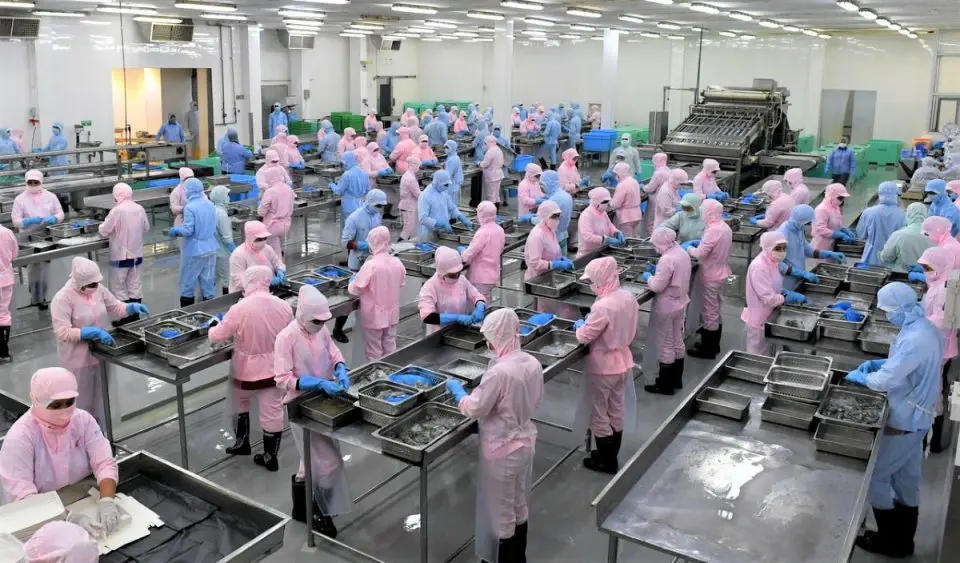KUALA LUMPUR, Oct 10 — The government is looking at initiatives for food and beverage (F&B) business operators to venture into other industries, including production and manufacturing, according to Economy Minister Rafizi Ramli.
He said the relevant ministries will undertake the effort to encourage micro, small and medium enterprises (MSMEs) to start exploring activities which can act as ‘feeders’ to industries involving SMEs.
“As many as 79 per cent of MSMEs in this country are micro-enterprises, and most are involved in the F&B sector.
“We need to find a way to ensure the MSMEs can be scaled so they start exploring activities in the production and manufacturing sectors,” Rafizi said during a question and answer session in the Dewan Rakyat today.
He was responding to a supplementary question from Parit Sulong MP Datuk Seri Noraini Ahmad on the slump in China’s manufacturing industry, which impacted MSMEs in Malaysia.
Rafizi said China’s diminishing dominance in the manufacturing sphere provides good opportunities as investors and international industry players are taking steps to reduce their exposure to geopolitical risks in the country.
“We hope that with good policies, we will be able to attract more industry players to come to Malaysia,” he said.
Meanwhile, businesses involved in international trade need to start green compliance, which will be enforced by the European Union and the United States to ensure imported goods comply with the Carbon Border Adjustment Mechanism (CBAM).
Rafizi said that given the impact of the global economic slowdown on Malaysia’s trade performance, it is crucial for the country and industries to ensure that products and services meet the trading partners’ needs.
“This is why the government implemented the National Energy Transition Roadmap to ensure continued competitiveness for the manufacturing industry, which trades internationally.
“This is because when the global economy starts to pick up again in one or two years’ time, we are ready to set our compliance with international regulations, giving us an edge over our competitors,” he said.
— Bernama





